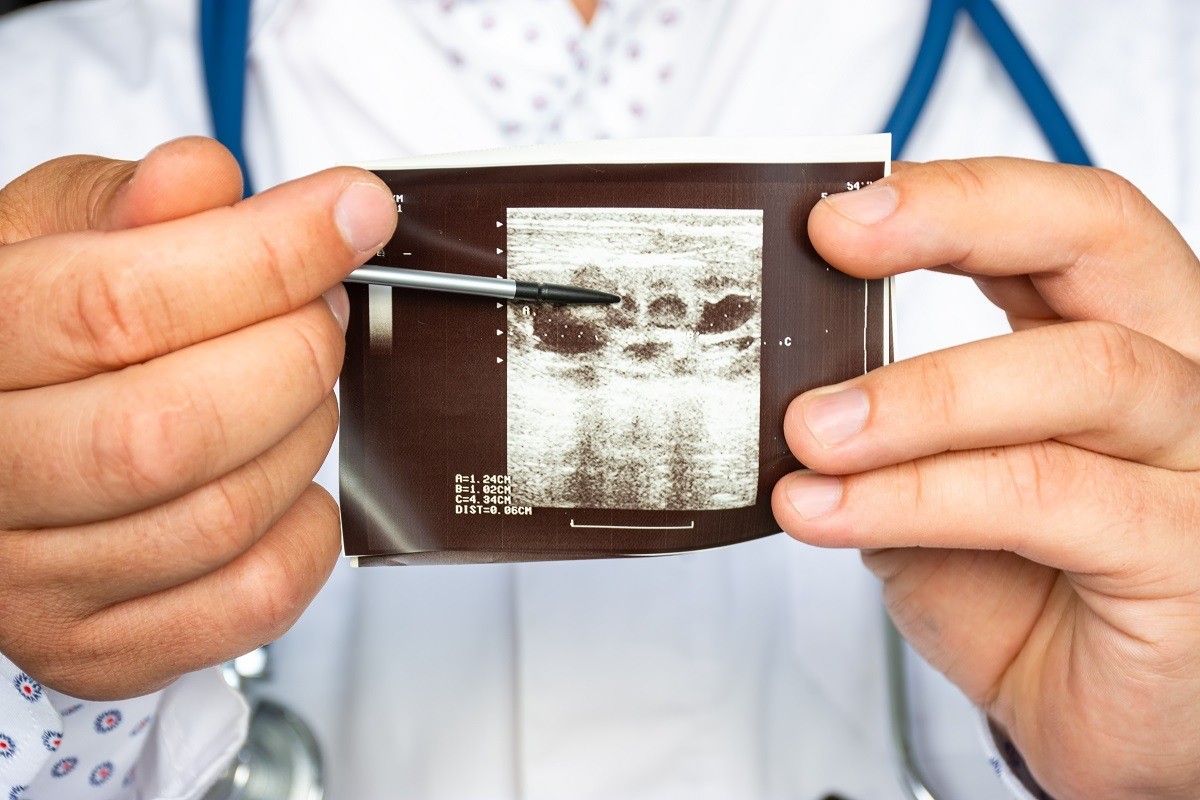
Kidney diseases: hydronephrosis, what is it?
The medical term ‘hydronephrosis’ denotes dilatation of the renal pelvis (or pelvis) – which is often combined with dilatation of the renal calyces – due to chronic stagnation of urine, often caused by an obstruction downstream that does not allow the urine fluid to flow properly
In simpler words, it is a stagnation of urine inside the kidney due to a blockage of the urinary tract.
This blockage can have several causes, the most frequent of which can be found in the accumulation or formation of kidney stones.
Generally, hydronephrosis affects only one of the two kidneys and in these we speak of unilateral hydronephrosis
If, on the other hand, as is more rarely the case, hydronephrosis affects both kidneys, we are dealing with a medical condition known as bilateral hydronephrosis.
Hydronephrosis is not a particularly life-threatening phenomenon per se, but, if not treated quickly and with the correct therapeutic treatments, the affected kidney may undergo atrophy, i.e. reduce its volume until its vital functions are permanently impaired.
Hydronephrosis: the causes
The causes for the development of hydronephrosis are mainly internal blockage of a pathway in the urinary tract or external compression of the ducts of the urinary tract.
In both cases, urine accumulates inside the kidney causing inflammation.
Regardless of the nature of the blockage, the causes of hydronephrosis generally fall into three different categories: causes common to the male sex, causes common to the female sex, and causes common to both sexes.
Causes common to the male sex
These are usually benign prostatic hyperplasia or prostate cancer.
In both cases, there is an enlargement of the prostate that eventually compresses the urethra, interrupting the flow of urine, which accumulates and ends up stagnating in the kidney.
Common female causes
Pregnancy can affect the flow of urine when the uterus – enlarged – presses on the ureters.
Cancer of one of the organs of the urinary tract or reproductive system – bladder or kidneys themselves, cervix or ovaries – also causes abnormal tissue to form that can compress the ureters.
Causes common to both sexes
The presence of kidney stones – small formations consisting mainly of mineral salts – which form within the urinary tract and, by occluding the ureter, impair the normal outflow of fluid that ends up stagnating.
There are other causes of hydronephrosis – much less frequent than those just described – which can be traced back to blood clots in the urinary tract, endometriosis, tuberculosis, neurogenic bladder, ovarian cysts, and ureteral stricture.
Hydronephrosis: the symptoms
Hydronephrosis can present asymptomatically and, in this case, the condition generally does not cause permanent damage to the kidney involved.
When symptomatic, hydronephrosis presents with pain in the kidney area accompanied by gastrointestinal complaints.
In severe cases, fever may appear as an indicator of infectious complications.
Hydronephrosis: diagnosis and treatment
When it presents with symptoms, the patient must promptly undergo a specialist examination by a urologist, who will make the diagnosis using specialist tests such as radiography, intravenous urography, ultrasound, urinary cystography, and renal scintigraphy.
In less severe cases, hydronephrosis can be managed with pharmacological therapy; if, on the other hand, one is faced with a complex clinical situation with significant obstructions that prevent the correct flow of urine, it will be necessary to opt for surgical therapy to restore the correct functioning of the urinary tract.
Read Also
Emergency Live Even More…Live: Download The New Free App Of Your Newspaper For IOS And Android
Hypertension And Kidney Disease: What Is The Link Between Kidney And Blood Pressure?
Kidney Stones: What They Are, How To Treat Them
Creatinine, Detection In Blood And Urine Indicates Kidney Function
How To Keep Your Kidneys Healthy?
What Is Renal Hydronephrosis And How It Is Treated
Colour Changes In The Urine: When To Consult A Doctor
Paediatric Urinary Calculus: What It Is, How To Treat It
High Leukocytes In The Urine: When To Worry?
The Colour Of Pee: What Does Urine Tell Us About Our Health?
Kidney Function Replacement Treatment: Dialysis
Chronic Kidney Failure: Causes, Symptoms And Treatment
Pancreas: Prevention And Treatment Of Pancreatic Cancer
Gestational Diabetes, What It Is And How To Deal With It
Pancreatic Cancer, A New Pharmacological Approach To Reduce Its Progression
What Is Pancreatitis And What Are The Symptoms?
Kidney Stones: What They Are, How To Treat Them
Acute Pancreatitis: Causes, Symptoms, Diagnosis And Treatment
Kidney Cancer: Laparoscopic Surgery And The Latest Technologies


